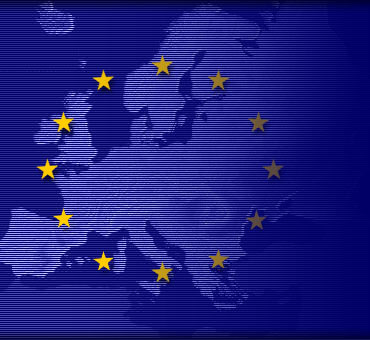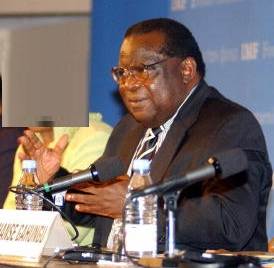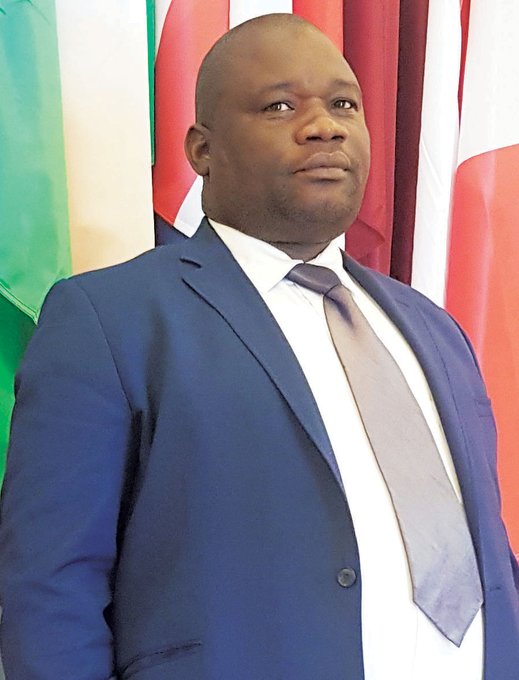The European Union in Malawi has urged the government to make responsible decisions that are not hard to explain and are consistent with the austerity measures being implemented.
Head of EU delegation in Malawi, Alexander Baum, made the demand yesterday at the signing ceremony of a Euro 98 million (about K40 billion) three-year assistance agreement in Lilongwe.
The assistance agreement is called ‘Good Governance and Development Project’.
Baum said this in reference to reports that tax payers have been made to pay over K70 million as compensation to the fired director of Anti-Corruption Bureau (ACB), Alex Nampota.
“Government needs to be sensitive in making decisions that are hard to explain and only put unnecessary pressure on the current austerity budget.
“This is in reference to the media reports on the former ACB Director’s compensation,” Baum told Minister of Finance, Ken Lipenga, among other government and EU officials at Capital Hill.
The Daily Times reported on Tuesday that government has awarded over K70 million in compensation to the former ACB director.
Government officials have not come out on the details of the payout and Solicitor General, Anthony Kamanga, attributed the non-disclosure of the details to a confidentiality clause the two parties agreed.
However, when asked at the press briefing on whether Malawians have the right to know how much the untimely removal of the ACB Director has cost the tax payers, Lipenga admitted Malawians have the constitutional right to know.
“Of course it is a basic human right to have access to public information. So if you ask me whether Malawians have the right to know [Nampota’s compensation], Ishould say yes and I’m sure relevant authorities will make such information available,” said Lipenga.
Among other issues the EU raised to government include lack of efficient public finance management and procurement despite several interventions on capacity building.
“I regret to say that development partners have been supporting successive Malawian governments in public finance management for many, many years but with insufficient progress.
“This cannot be entirely accidental. We would like to see that the political will for reforms that your government demonstrates translates into real action and change,” said Baum.
“The Euro 40 million to be disbursed within the next few weeks will go a long way in supporting the zero-net domestic borrowing of government while at the same time, it will allow us to have the much needed foreign exchange to finance our imports,” said Lipenga.
The financing agreement will run in tranches over a three-year period through budget support and poverty alleviation activities.
According to the EU, the immediate objective of the assistance, which foresees rapid disbursement of a first tranche, is to support Malawi in the middle of the lean season, from November 2012 to February 2013, when foreign proceeds are foreseen to be the weakest.
“This will avoid further decrease in the already scarce foreign reserves and avoid further devaluation of the national currency,” reads a statement from the EU.




